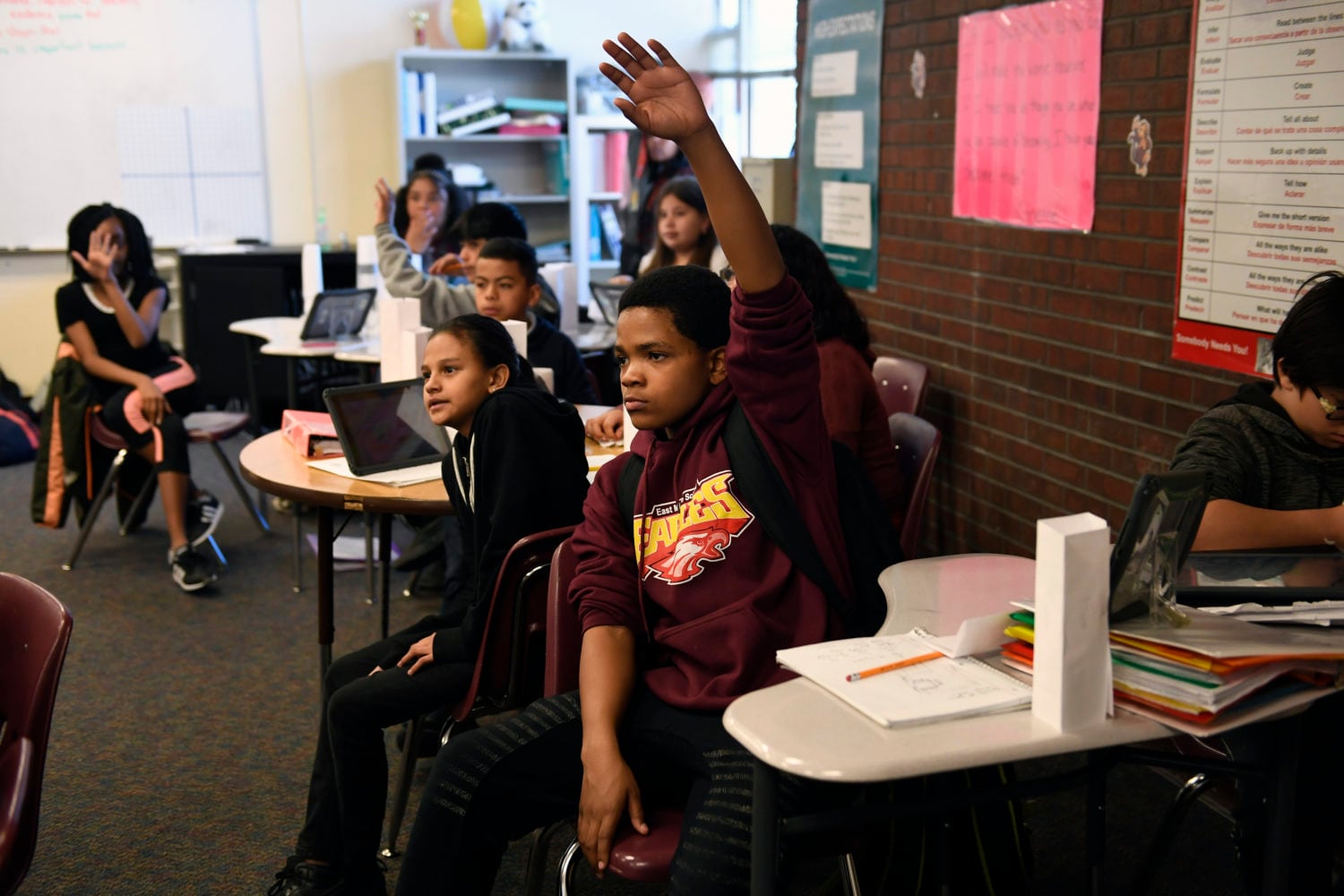Aurora voters can pick four new school board members this year.
The school board for Aurora Public Schools consists of seven members. Only one incumbent, Debbie Gerkin, is running for re-election, and she is joined by five other candidates who want a seat on the board.
In Aurora, all board members are at large, meaning they all represent the whole district, and all voters can choose them. The top four vote-getters will win the seats.
Among the issues the school board will face in the next couple of years is overseeing efforts to improve student achievement, especially after the pandemic, and overseeing the rollout of Blueprint APS, the district’s facility plan that involves creating magnet schools, closing schools, and opening new ones where development is booming.
Many candidates say equity work is among their top priorities.
The new board will also oversee negotiations next spring for a new contract with the teachers union.
The teachers union has endorsed three candidates: Gerkin, Michael Carter, and Tramaine Duncan. For more information about this year’s school board elections, click here for our previous coverage.
To help voters weigh their decision Chalkbeat sent the same set of questions to all candidates. Below are their answers. We’ve edited them lightly for clarity.
Note: Marques Ivey appears on the ballot because he submitted signatures to run for reelection, but he later withdrew from the race.







